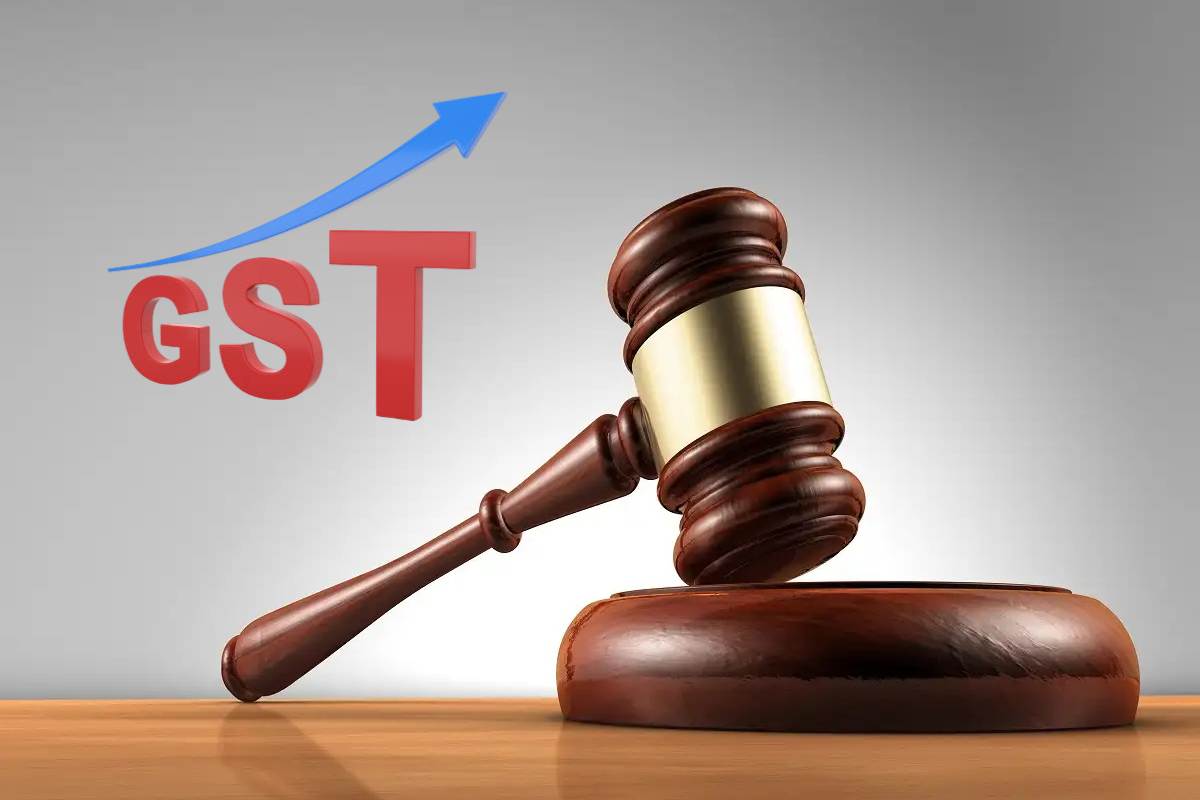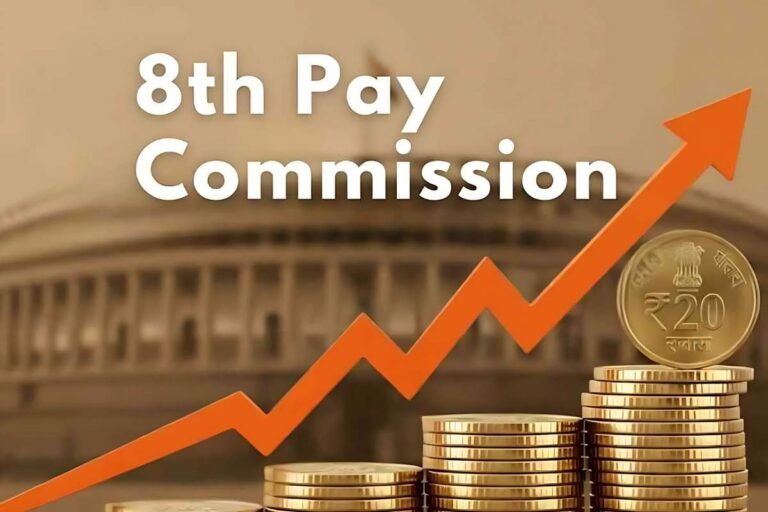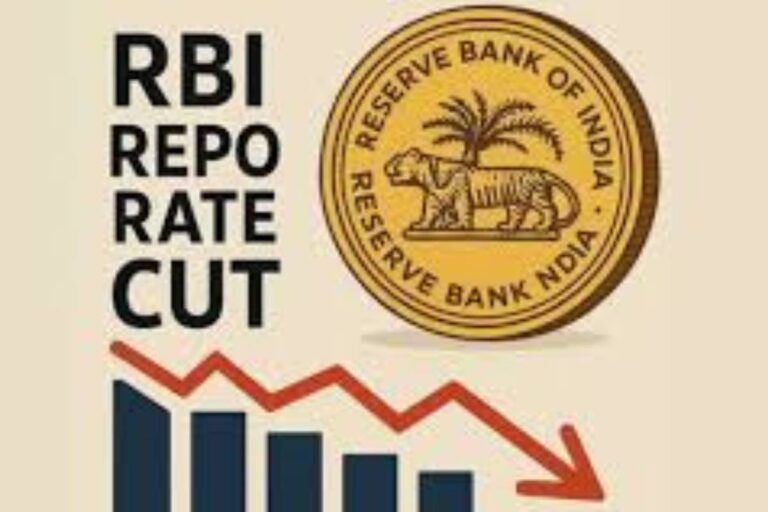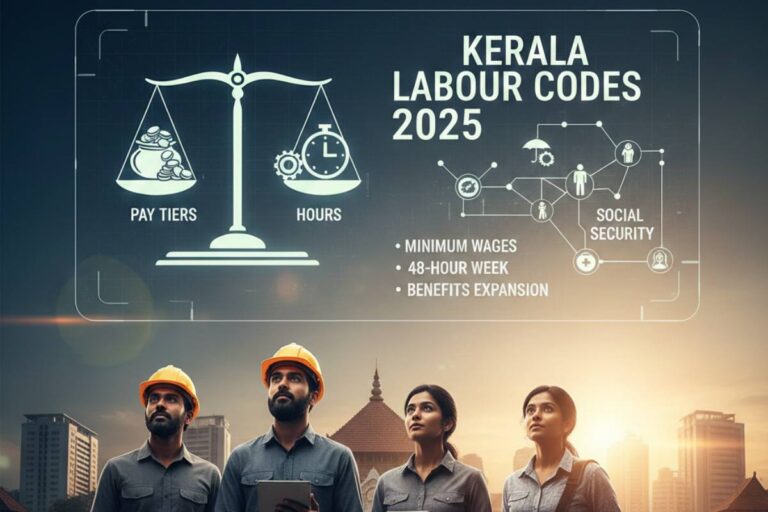Supreme Court decision relaxes GST appeals
A milestone judgment handed down by the Supreme Court of India on May 19, 2025, has reshaped the environment of Goods and Services Tax (GST) litigation by enabling taxpayers to offset their as yet unrealised Input Tax Credit (ITC) against the obligatory 10% pre-deposit requirement for filing appeals, thus easing substantial working capital constraints on businesses nationwide. By maintaining the Gujarat High Court’s view that Electronic Credit Ledger (ECL) balances, which the government already holds, can be utilized towards such pre‑deposits without affecting revenue, the ruling not only simplifies procedural compliance but also supports a taxpayer‑friendly approach to GST law. This article explores the history, ruling highlights, the general implications for industry, and implementation tips for businesses on how to utilize this relief.
Background of GST Appeal Pre-Deposit Requirement
As per the Central Goods and Services Tax (CGST) Act, 2017, Section 107(6) requires taxpayers to deposit 10% of the amount of tax in dispute before their appeal against an order of the Appellate Authority or Tribunal is admitted. Traditionally, the pre‑deposit was required to be paid in cash, even when the taxpayer had adequate ITC available in the Electronic Credit Ledger. Consequently, firms involved in GST disputes were chronically short of cash, even if they had credits that were technically already with the government, amounting to an unnecessary working capital clog.
Lacking clarity, several High Courts delivered inconsistent judgments on whether ECL balances could be utilized towards statutory payments like pre‑deposits. The Gujarat High Court, in Yasho Industries vs Union of India, ruled that Rule 86(2) of the CGST Rules and Section 49(4) justified the application of ITC towards such procedural payments, and ordered that the pre‑deposit might be satisfied through the ECL. The Revenue Department moved this interpretation to the Supreme Court, and thereby initiated the landmark judgment.
The Landmark Supreme Court Ruling Eases GST Appeals
On May 19, 2025, a Bench headed by Justice B.V. Nagarathna rejected the Department’s Special Leave Petition and in the process confirmed the Gujarat High Court’s ruling, thus clarifying the law on an issue that had haunted GST appeal proceedings for long. The Supreme Court’s argument was based on the basic principle that ECL funds, already with the government, do not contribute to its revenue position when utilized for a procedural deposit. The Court also made it clear that the 10% pre‑deposit is neither a penalty nor a tax but a simple procedural requirement, and thus it comes squarely within the purview of payments under Section 49(4) of the CGST Act.
How the Supreme Court Judgment Facilitates GST Appeals
- Electronic Credit Ledger (ECL): Taxpayers are now able to debit the 10% pre‑deposit against their stored ITC in the ECL, without having to make fresh cash payments.
- Revenue Neutrality: As the government already possesses the ITC in question, allowing its use in appeals does not disrupt the exchequer’s revenue flow.
- Procedural Clarity: The decision puts an end to the long-standing conflict regarding whether GST pre-deposits constitute statutory dues under Section 49(4), bringing greater legal certainty for taxpayers as well as tax authorities.
- National Applicability: By establishing a common understanding, the judgment removes conflicting High Court decisions, and there will be harmony among jurisdictions.
Impacts on Working Capital and Industry
Cash Relief to Cash-Starved Businesses
The capacity to utilize ITC against pre‑deposits provides a liquidity shot in the arm to firms involved in GST appeals. Micro, Small, and Medium Enterprises (MSMEs), which have thin margins of profit and lesser credit access, will gain the most. Exporters, who usually build up large ITC due to zero‑rated supplies, and large corporates with major credit balances will also feel better cash flows as no cash blocking is required for filing appeals.
“This new ruling … will free up their cash. Plus, if they eventually win their case, they won’t have to go through the lengthy process of claiming a refund, as the adjustment would already be within their credit ledger. It’s a win‑win in terms of immediate cash flow and avoiding future hassles,” said Saurabh Agarwal, Tax Partner at EY.
Reduction in Compliance Costs
By avoiding the necessity to raise new money for deposits, firms can lower short‑term funding arrangement borrowing costs. Banks and non‑banking financial institutions (NBFCs) that provide working capital loans may see less demand for such credit, possibly reducing pressure on interest rates for other borrowers too.
Smoother Appeal Processes
Tax professionals and legal counsel may be able to provide more organized and less expensive approaches, assured that appeal-associated deposits will not be inappropriately taxed from clients’ cash balances. Procedural ease also results in fewer ancillary litigations at the departmental level concerning the method of deposit, a fertile litigative area historically.
Legal Precedents and Future Outlook
Supporting a Taxpayer-Friendly Jurisprudence
The Supreme Court ruling is consistent with the general judicial approach of construing GST provisions in taxpayers’ favour when the legislative intention is unclear or procedural hurdles are more acute than substantive tax obligation. Such precedents are found in decisions regarding interest on refund, blocked credits, and transitional credits, all intended to iron out transitional friction under the GST regime.
Potential Policy and Regulatory Responses
Although the decision is rooted in judicial interpretation, the GST Council, being India’s highest decision-making forum for GST, could consider making the relief official through changes to the CGST Rules or by a clarificatory circular. Such steps would further entrench the principle and check any lingering administrative resistance.
Impact on Future Litigation
The lower courts and tribunals are now obligated to follow the Supreme Court’s decision, which could bring with it a spate of new appeals wherein taxpayers never challenged negative orders in the past because of a lack of funds. Legal service providers must be ready for an increase in filings for appeals and counsel clients on retrospective use of ECL balances where applicable.
Best Practices for Businesses
- Keep Up‑to‑Date ECL Records: Keep all qualifying ITC properly represented on your Electronic Credit Ledger. Periodically reconcile credit balances to determine funds available for pre‑deposits.
- Form DRC‑03 Compliance: When making appeals, utilize Form GST DRC‑03 in making the 10% pre‑deposit from your ECL. Ensure that the amount deposited is properly debited from the ledger.
- Document Legal Authority: Include a copy of the order of the Supreme Court or applicable High Court judgment with the appeal petition to anticipate any departmental opposition.
- Involve Tax Advisors Early: Seek the advice of GST experts to determine disputed liabilities amenable to appeal, and plan your deposit strategy accordingly.
- Track Regulatory Developments: Watch GST Council circulars or notifications that might codify this relief or further tighten the process.
Conclusion
The Supreme Court decision relaxes GST appeals in a historic moment for Indian business, freeing up huge working capital and simplifying the appellate process under the CGST regime. By enabling taxpayers to avail themselves of their Electronic Credit Ledger for compulsory pre‑deposits, the verdict pierces procedural inflexibility, synchronizes judicial results with legislative intentions, and provides relief to businesses struggling with cash‑flow issues. As the sector digests this change, businesses are urged to readjust tax‑litigation tactics, enhance compliance infrastructure, and use this relief to prosecute valid GST claims without the threat of cash blocks. Ultimately, this choice reaffirms the belief that tax legislation, particularly procedural provisions, should enable, not impede, commercial activity.


























